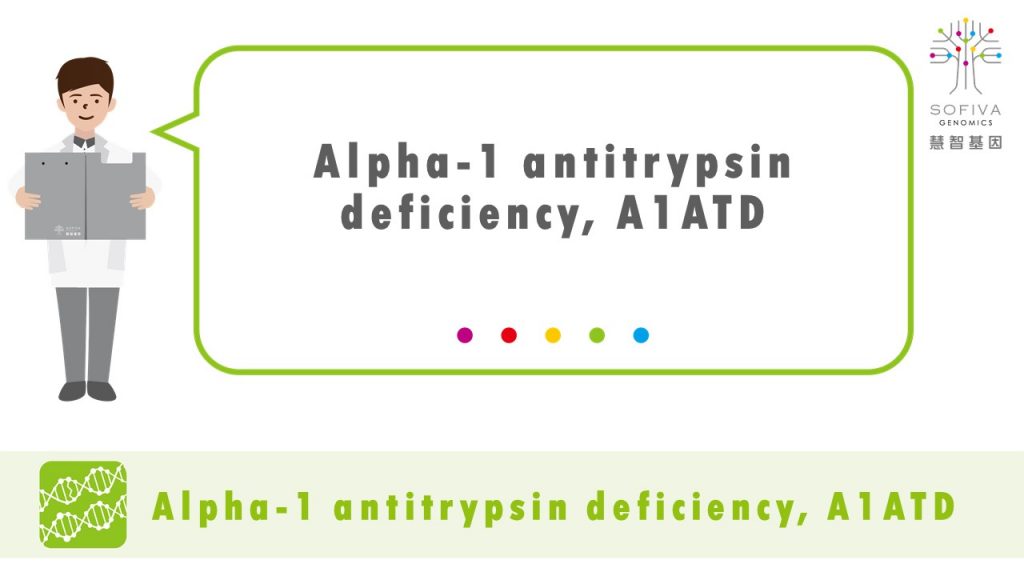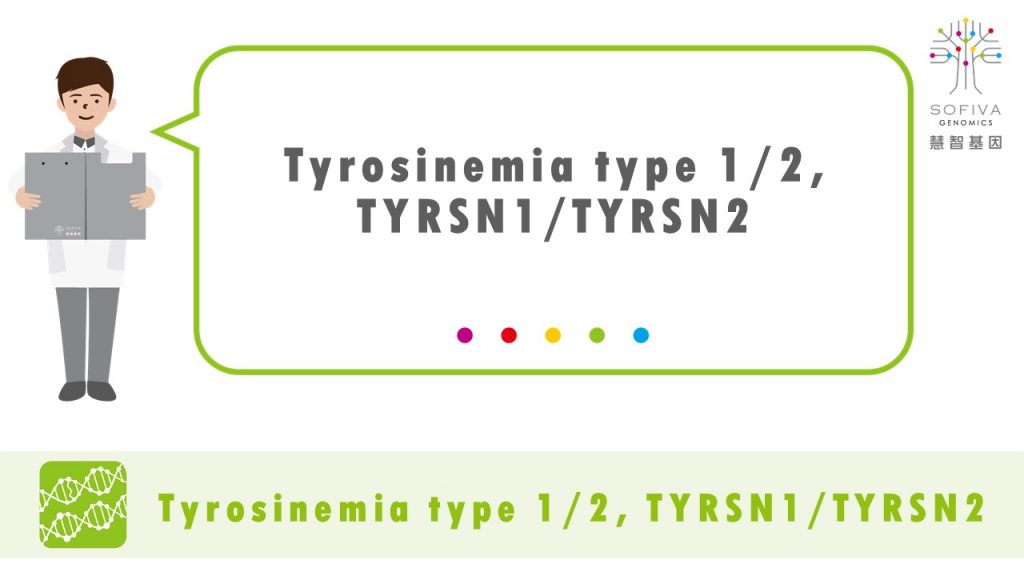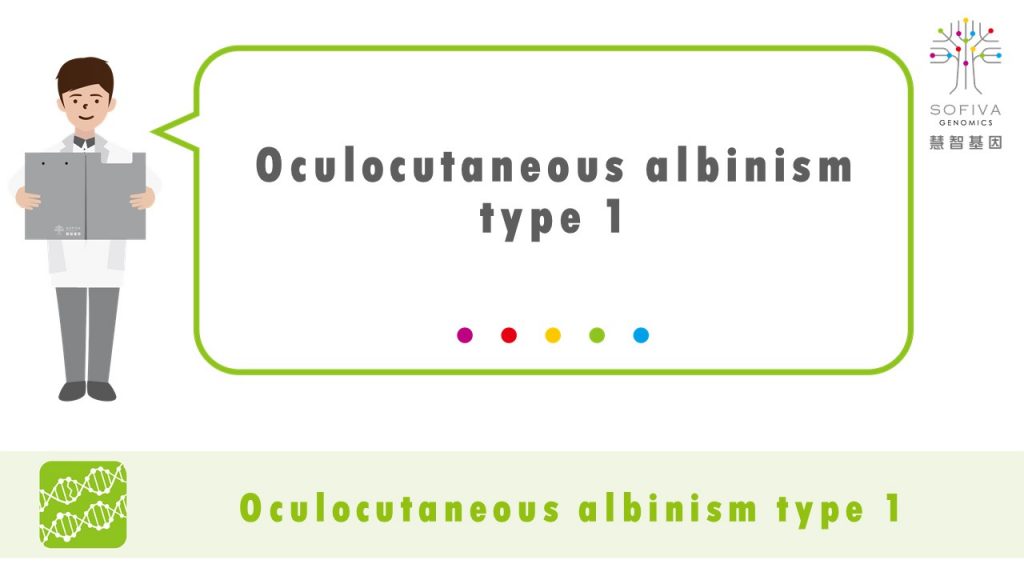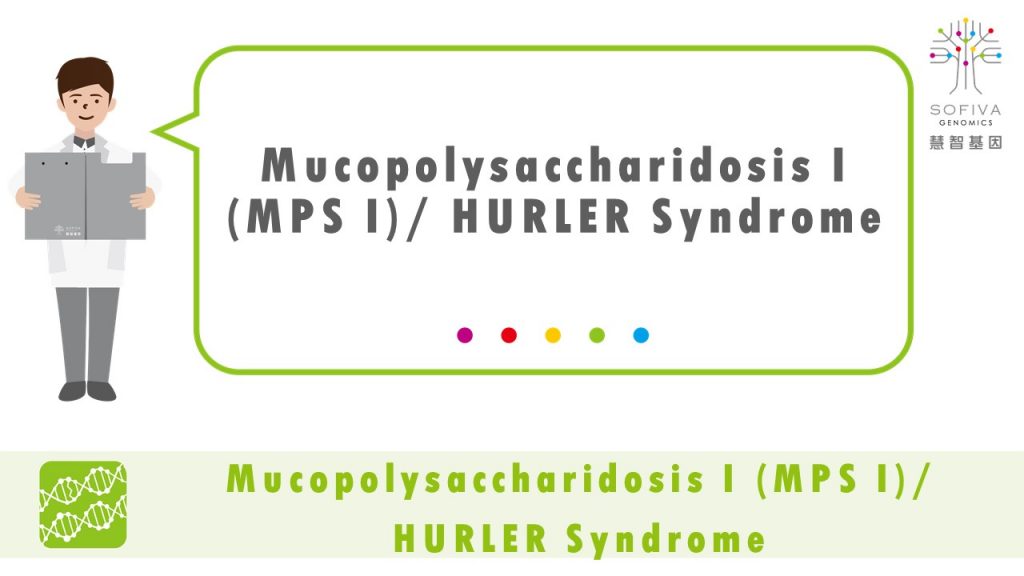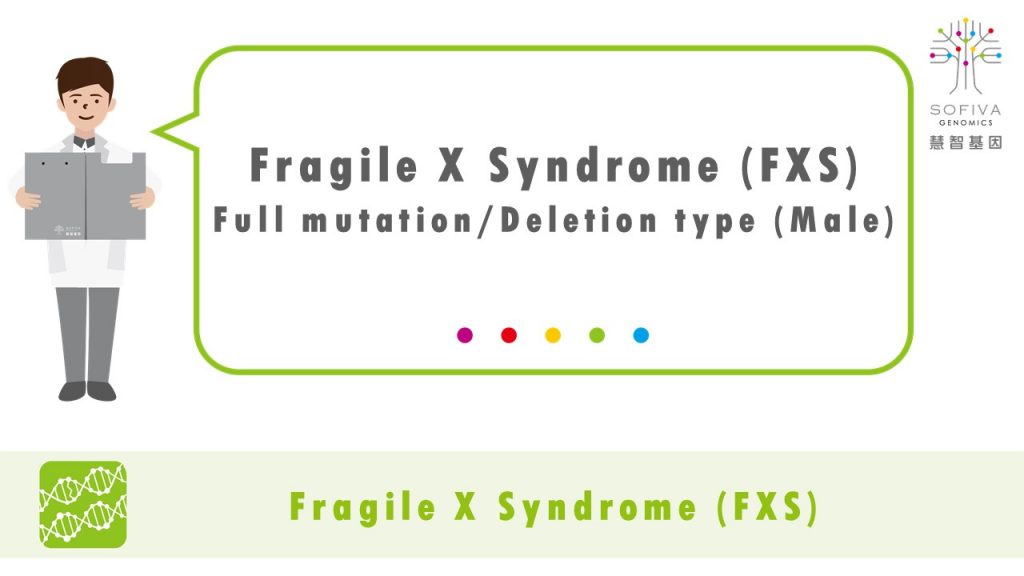Disorder description
Alpha-1 antitrypsin deficiency (A1ATD) is a hereditary endocrine disease. It caused by the mutation of SERPINA1 gene on chromosome 14, resulting in abnormal or low production of α1-antitrypsin (AAT). α1-antitrypsin is produced by the liver and it is a protease inhibitor that can bind to many proteases to inhibit their activity and prevent excessive protease action. Variants in the SERPINA1 gene will change the structure of α1-antitrypsin, leading abnormal form of the protein. The abnormal protein may damage tissues and organs, especially the lungs and liver. Too much protease in the alveoli will damage the alveolar wall, causing emphysema, and abnormal accumulation of α1-antitrypsin in the liver will cause liver disease.
Carrier rate
Alpha-1 antitrypsin deficiency is common in European region, the carrier rate is about 2~5%. It is uncommon in Asian people, the carrier rate is unclear.
Inheritance
Autosomal co-dominant inheritance pattern, two different variants of the alleles regulate clinical manifestations. It can be divided into M, S, and Z types according to the amount of the transcribed protein and severity of symptom. If both parents are MZ type, there is a 25% (or 1 in 4) chance that each child will be affected (ZZ type), 25% will have two normal copies of the gene (MM type), and 50% (or 1 in 2) will be a carrier (MZ type), regardless of gender.
Clinical characteristics
People with Alpha-1 antitrypsin deficiency usually develop respiratory clinical symptoms between the ages of 25 and 50, including shortness of breath, wheezing, dry cough, emphysema, bronchiectasis, etc. Smoking or exposure to tobacco smoke will accelerate emphysema symptoms and lung disease. In the liver, there may be cirrhosis, liver fibrosis, and the risk of liver cancer. About 10% of patients may develop liver disease in infancy. The clinical symptoms are cholestasis, jaundice on the skin or whites of the eyes, and hyperbilirubinemia. Small Number of Alpha-1 antitrypsin deficiency patients develop panniculitis skin disease, which is characterized by hardened of the skin with painful bumps or plaques.
Recommendations
Clinical medicine and genetic counseling by professionals is recommended.
Spouses may consider the genetic testing for SERPINA1 genes.
References
- Appl Clin Genet. 2021; 14: 173–194.
- National Institutes of Health
- GeneReviews®

